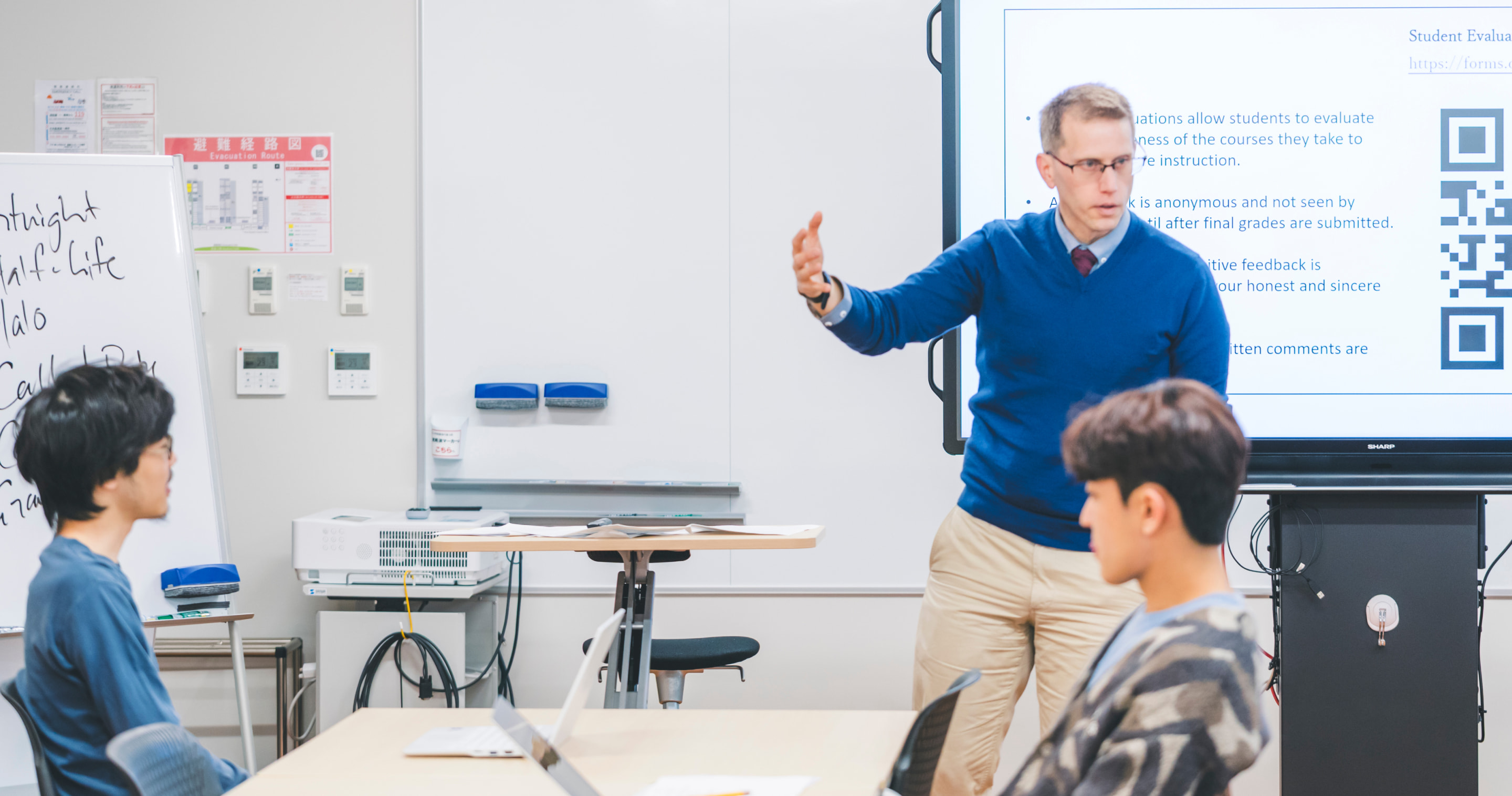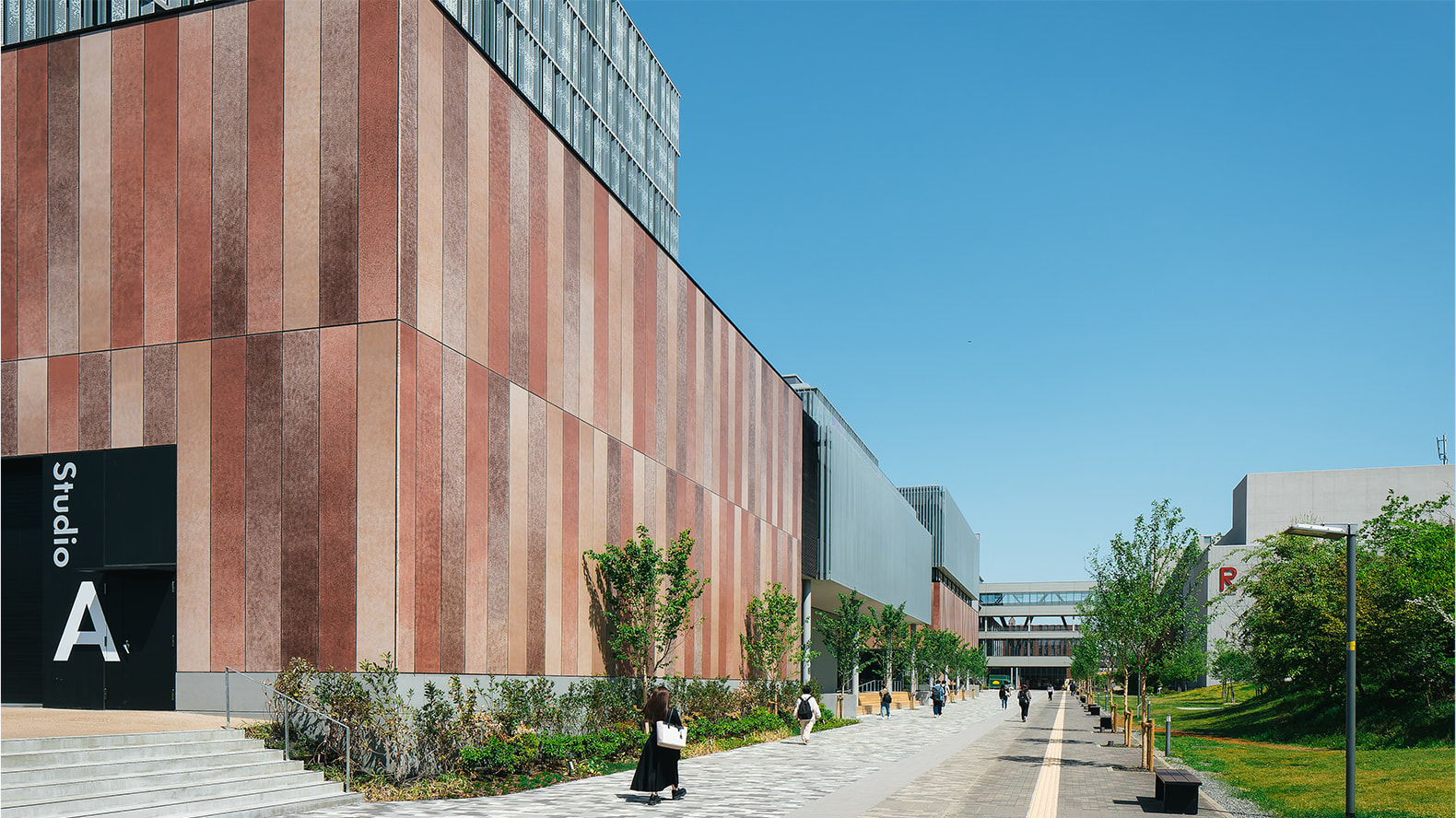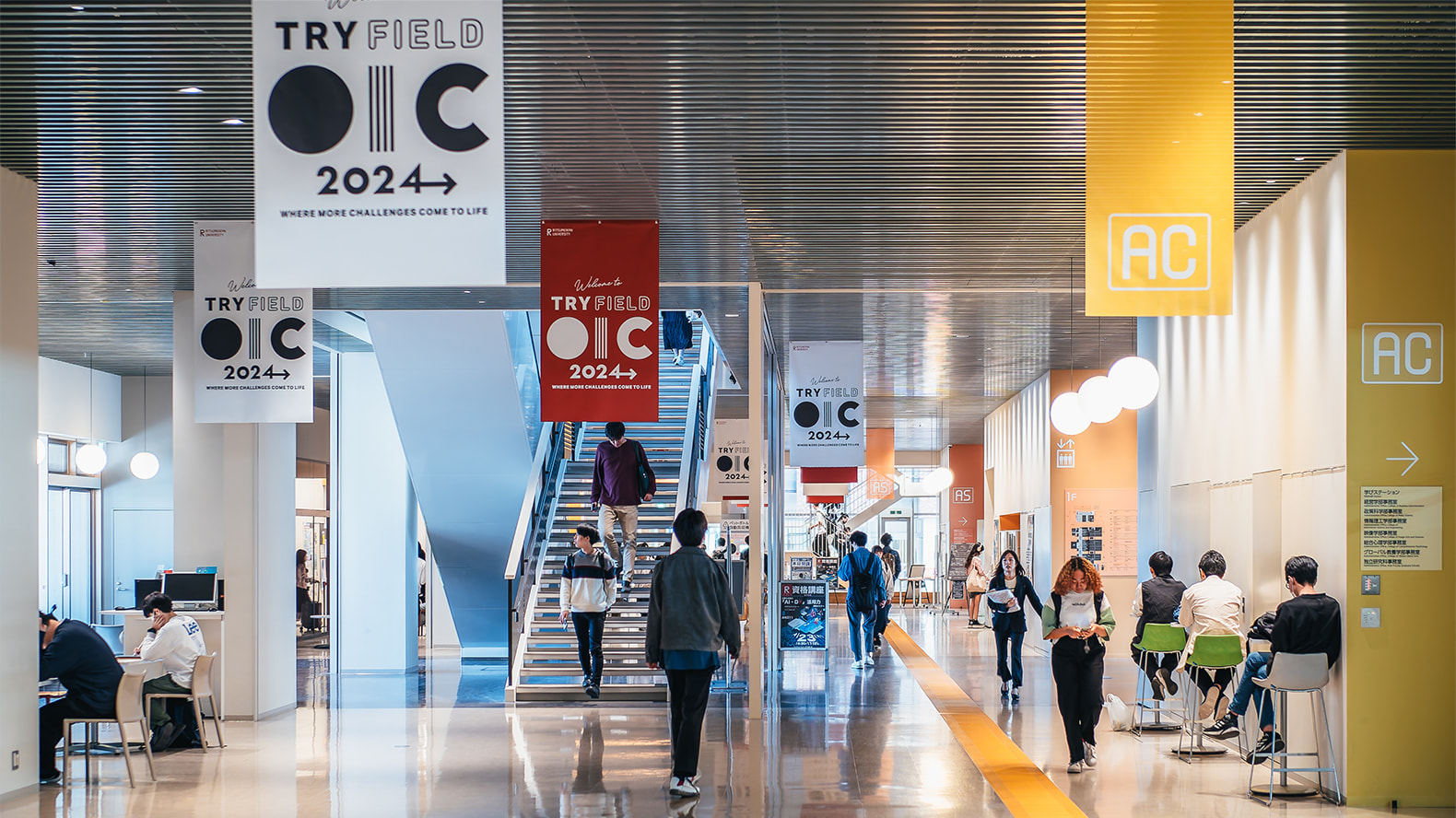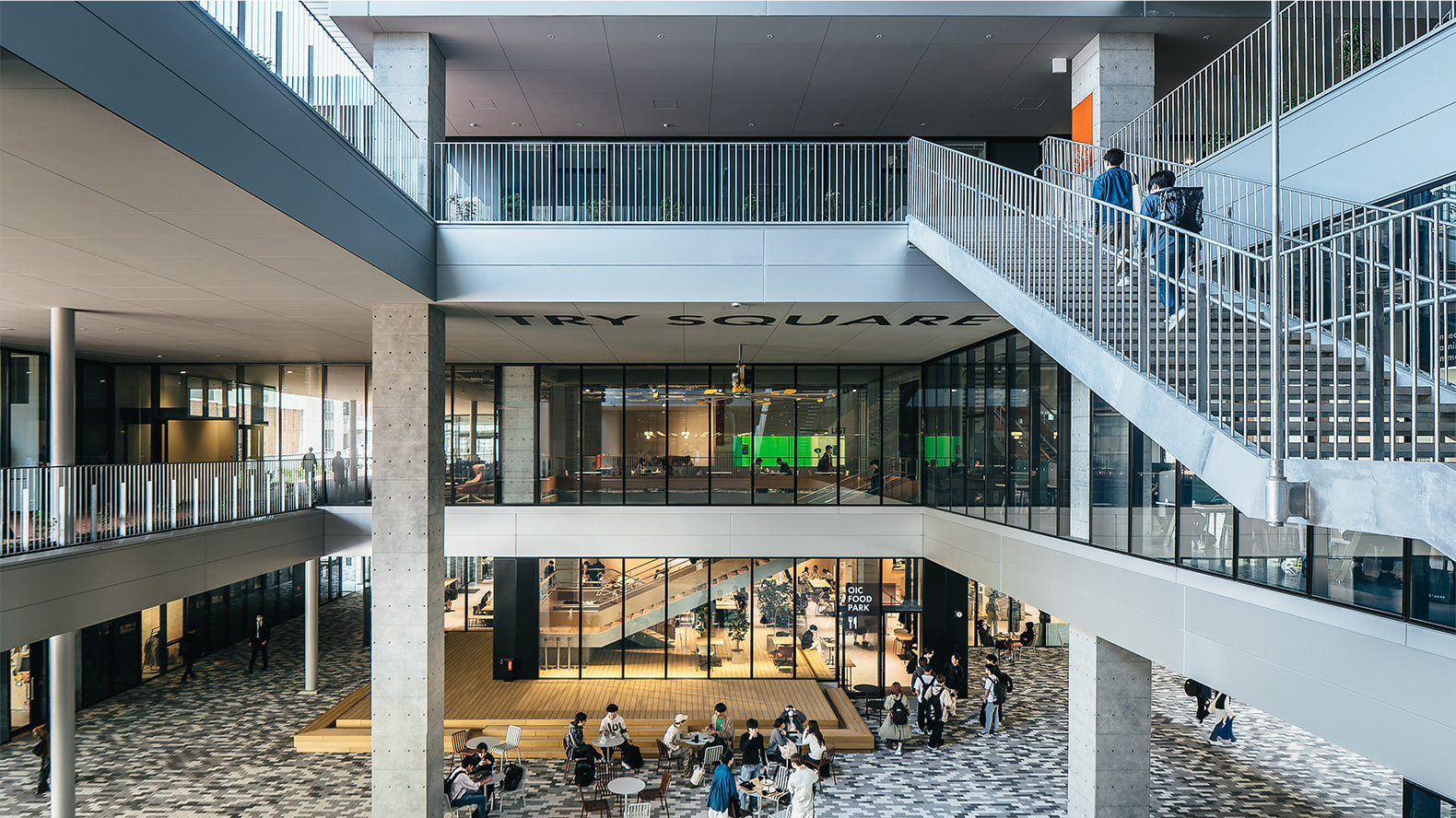Dual degree program with ANU
Why Liberal Arts Education?
Two degrees in four years to study in Japan and Australia
Features

Dual degree program
with ANU
Through the four-year program, students will graduate with a Bachelor of Global Liberal Arts from RU and a Bachelor of Asia-Pacific Affairs from ANU upon completion of the requirements and credits of both universities.
Read more
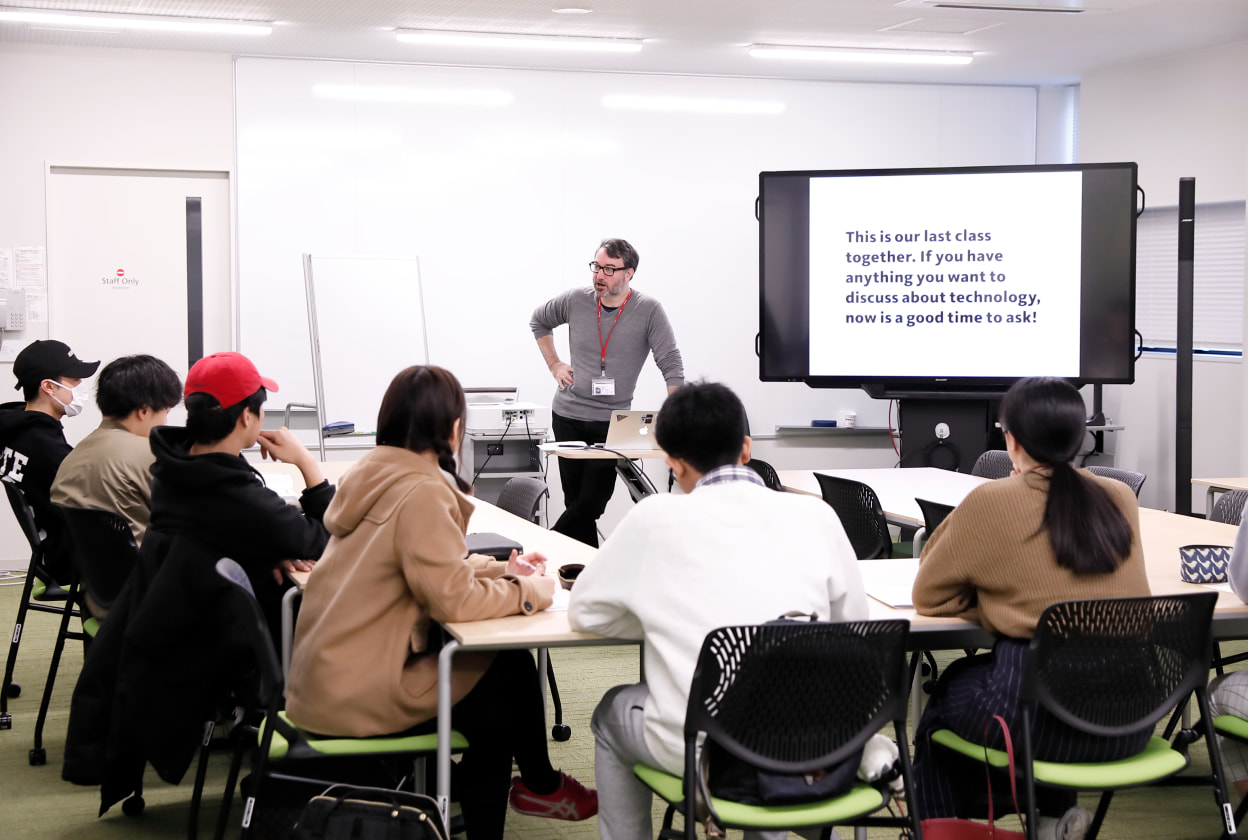
Liberal Arts education to nurture global citizens
Liberal Arts ignites your ability to see the world in new ways, equipping you with the insights to break barriers and create a better world – an essential capability in our global community.
Read more
News
-
Associate Prof. Christophe Thouny has a new publication: "Chapter7 Sea, Ship, and City: Figuring the Impossible in Miéville, Hugo, and Kobayashi" in "Entangled Waterscapes in Asia"
Read more
2025/04/08
NEWS
-
Graduation Ceremony in March 2025
Read more
2025/03/24
NEWS
-
GLA Career Program: "ANA Experience Program 2024" Successfully Held
Read more
2025/03/18
NEWS
People
-
Building a Home Away from Home at ANU
Nuttarika Hanaoka
Read more
2025/03/28
-
Courses That Shaped Me
Pradipta Firmananda
Read more
2025/03/27
-
Beyond Borders: Learning, Living, and Thriving at GLA
Ha Tuan Nghia
Read more
2025/03/27
-
Developing Curiosity is a Fundamental Part of Being Human
Angelica Fornero
Read more
2025/03/27
-
Finance
Shaping a Global Career Path with GLA Experience
Jun Wakisaka
Read more
2025/04/08
-
Media
Turning My Passions and Excitement into a Career
Moeno Katsura
Read more
2025/03/27
-
Finance
Beyond Borders: How My Dual Degree Shaped Me
CHAN Jun Hao
Read more
2025/03/27
-
graduate schools enrollment
A Journey of Self-Discovery
Yoshihiro Komori
Read more
2025/03/27
Career
- Corporate Employers
- 84.5 %
Selected Achievements
Accenture Inc. / AlphaSights Ltd. / Amazon Japan G.K. / Dentsu Inc. / Digital Arts Inc. / Itochu Corporation / Japan Material Co., Ltd. / Kubota Corporation / Mercedes-Benz Japan Co., Ltd. / Nagase & Co., Ltd. / Nippon Express Co., Ltd. / Nippon Yusen / Kabushiki Kaisha (NYK Line) / Okasan Securities Co., Ltd. / ORIX Corporation / Progrit Co., Ltd. / Robert Walters Japan K.K. / Shanghai Commercial Bank Ltd. / Singapore Airlines Ltd. / SoftBank Corp. / Swissport Japan K.K. / Terumo Corporation / Tokai Tokyo Financial Holdings, Inc.
Sector Ratio*
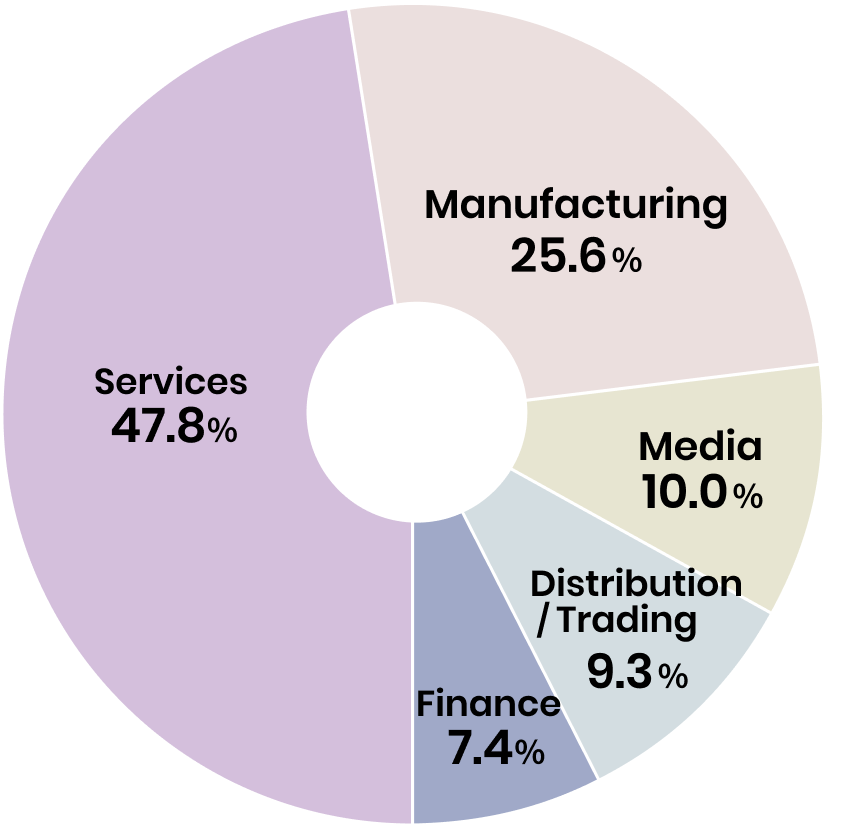
- The percentage may not be 100% due to fractions.
- Graduate Schools
Enrollment - 15.5 %
Selected Achievements
The Australian National University / Georgetown University / Seoul National University
Read more
Trends
-
04 08, 2025
NEWS
Associate Prof. Christophe Thouny has a new publication: "Chapter7 Sea, Ship, and City: Figuring the Impossible in Miéville, Hugo, and Kobayashi" in "Entangled Waterscapes in Asia"
-
03 24, 2025
NEWS
Graduation Ceremony in March 2025
-
03 18, 2025
NEWS
GLA Career Program: "ANA Experience Program 2024" Successfully Held


